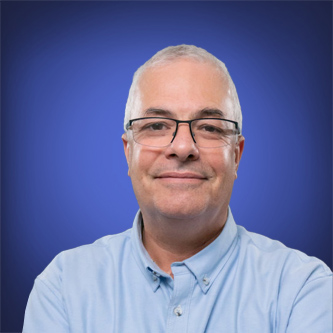Research supporting and using MOXO
MOXO is at the forefront of advancing research in the realm of cognitive health, particularly within the sphere of attention disorders such as ADHD.
MOXO’s sophisticated measures have been employed in 100+ research projects and peer-reviewed publications conducted by esteemed researchers and key opinion leaders worldwide.











Adult academic literature summary
A comprehensive summary of publications using MOXO with adult populations.
Topics include: comorbidity, eye-tracking, malingering, feigned ADHD, neuroscience, cystic fibrosis, sleep deprivation and more.
We support groundbreaking research
As the leaders in attentional profiling, Neurotek is committed to advancing the science behind attention.

Cesar A. Soutullo, MD, PhD, is a Professor of Psychiatry and Director of ADHD Outpatient Program at The University of Texas. He moved there in 2019, after working 20 years as Director of the Child & Adolescent Psychiatry (CAP) Unit, and Training Director of the CAP Fellowship program at the University of Navarra Clinic, in Pamplona, Spain.

Sam Goldstein, PhD is an Adjunct Assistant Professor at the University of Utah School of Medicine. He is the Clinical Director of the Neurology Learning and Behavior Center. The center conducts evaluations, consultation and provides treatment services to 300 individuals and families each year.

Baris Topcular, MD is Professor of Neurology and Chair of the Department of Neurology at Demiroglu Bilim University (DBU). He is the founder and head of the Cognitive Neurology and Movement Disorders Unit at DBU. The unit serves over 3000 patients and is one of the leading referral centers in the region.

Itai Berger M.D, PhD, is a specialist in Pediatrics, Pediatric Neurology, and Child Development. He serves as the Head of Pediatric Neurology at Assuta-Ashdod University Medical Center, Israel. Associate Professor at the Faculty of Health Sciences, Ben-Gurion University of the Negev, and as an Adjunct Associate Professor (adjunct) at the Paul Baerwald School of Social Work and Social Welfare, at the Hebrew University.
